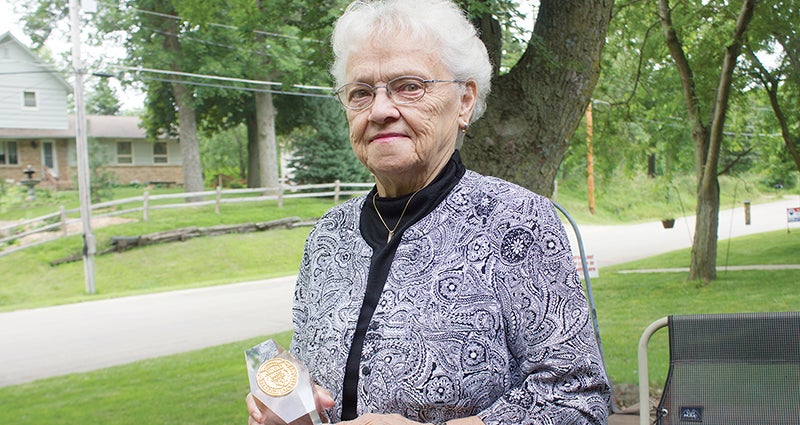Defying SCOTUS on gay marriage licensing is not a legal option
Published 9:02 am Thursday, July 2, 2015
When the U.S. Supreme Court’s Brown vs. Board of Education decision mandated school desegregation in 1954, some states just said no or came up with ways to defy the new law of the land. Nearly a decade after the high court ruling, then-Alabama Gov. George C. Wallace infamously stood in a doorway at the University of Alabama and declared “segregation now, segregation tomorrow, segregation forever” — even as he faced federal court officials and National Guard troops sent to protect black students.
In a strikingly similar vein, some officials in Southern states said they would not comply with last week’s landmark Supreme Court decision that legalized gay marriage in all 50 states. Fortunately, some of that resistance is fading as officials come to terms with the potential consequences of their defiance.
Still, some individual holdouts remain. A handful of public officials in Bible Belt states object so strongly to same-sex marriage that they are refusing to issue marriage licenses to anyone, gay or straight.
Although clerks and judges are entitled to their own religious beliefs, none is above the law. In fact, issuing licenses is a condition of employment or election. If they refuse to do their public-service, taxpayer-supported jobs, they should either resign, be fired or go to jail.
A few clerks in Arkansas and Mississippi resigned on Tuesday rather than be forced to sign the licenses for same-sex couples, but one county clerk in Kentucky simply closed her doors, refused to issue any marriage licenses and told a gay couple to “go to another county.” University of Louisville constitutional law expert Sam Marcosson said that action disqualifies her from the position. “That applies to a judge … to a senator … to anyone who holds public office,” Marcosson said.
Clerks and probate judges are granted authority by states to issue marriage licenses. In many rural areas, there are few alternatives for hundreds of miles. Couples turned away in such areas could seek a court order, and a clerk who still refuses to issue a license could be jailed for contempt.
Brown vs. Board of Education didn’t change hearts and minds overnight. Neither did last week’s marriage ruling. Sometimes deeply ingrained prejudices never change. But laws do change, and in a civilized society, they must be followed and enforced.
Minneapolis Star Tribune
Distributed by Tribune Content Agency



